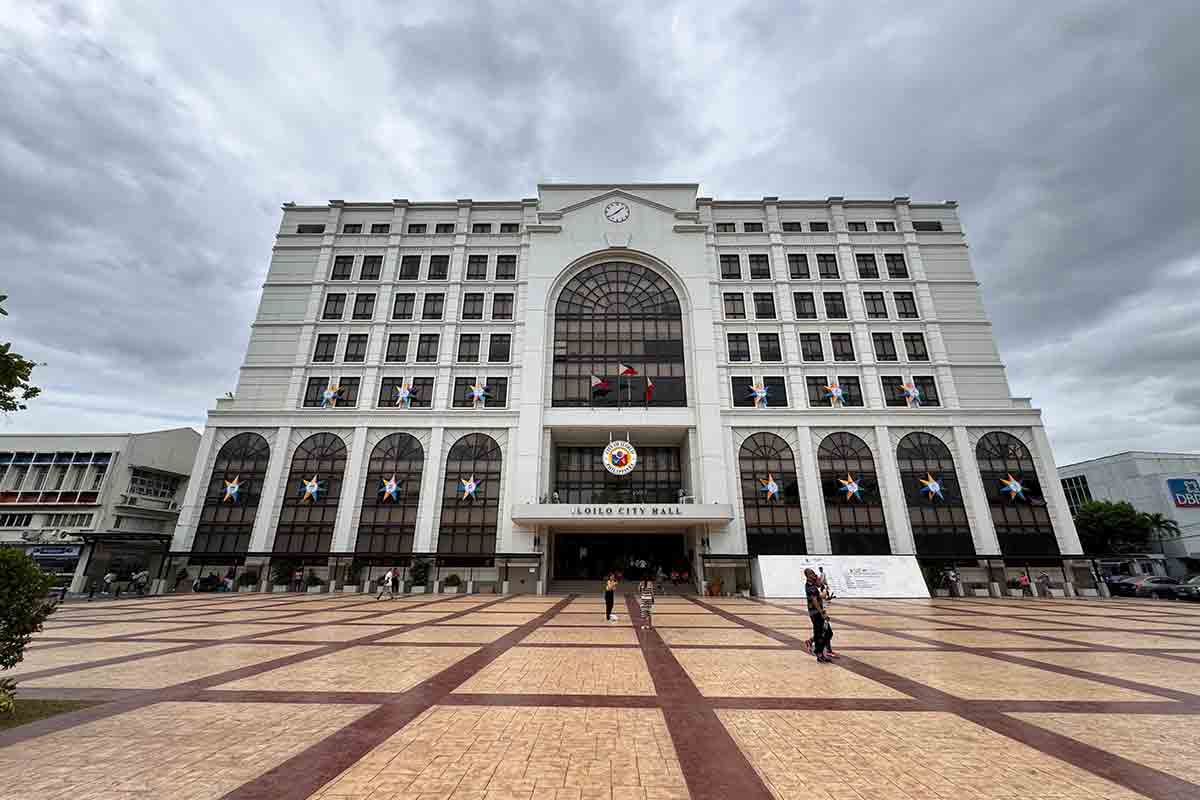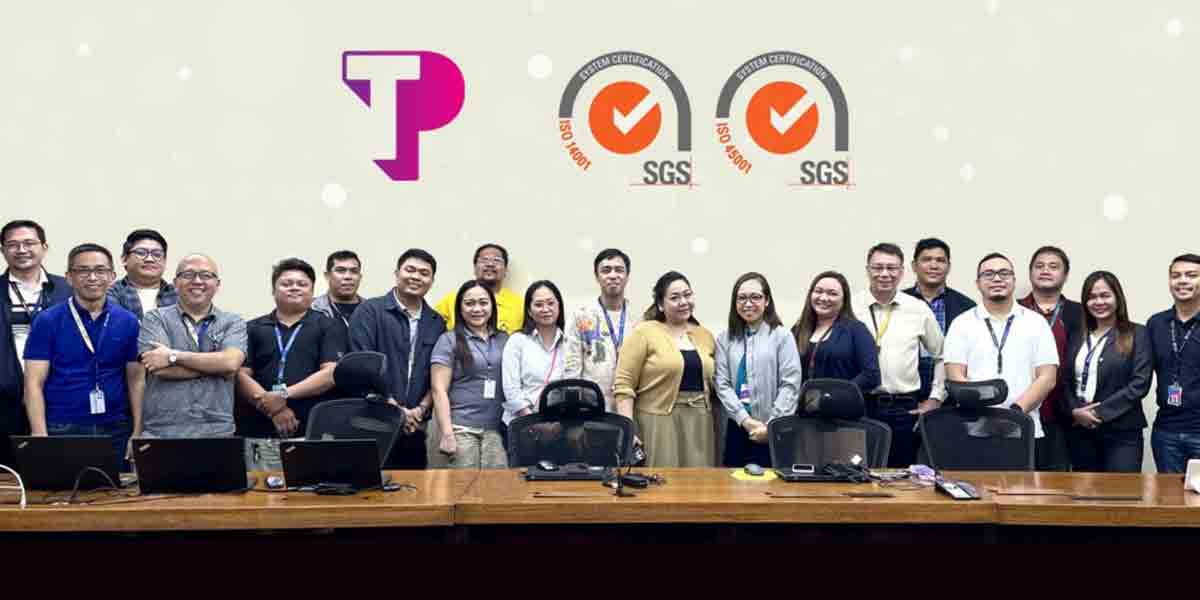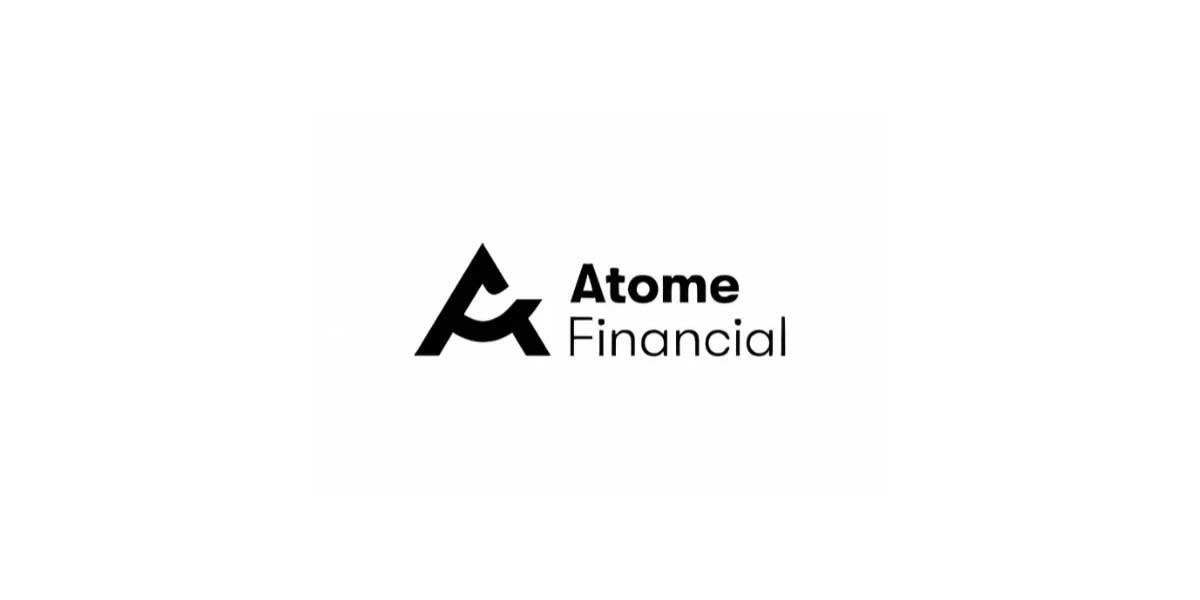The Securities and Exchange Commission (SEC) will remain at the forefront of advancing reforms and programs that will enable the growth of the capital market and the broader corporate sector, as the country moves forward under the new leadership of President Ferdinand R. Marcos, Jr.
“We recognize our vital role in the country’s economic growth and recovery, being the county’s corporate regulator, overseer of the capital markets, and protector of the investing public,” SEC Chairperson Emilio B. Aquino said.
“As such, the Commission renews its commitment to championing the development of the capital market to support the recovery and growth of corporations, as well as regulatory reforms aimed at improving the ease of doing business in the country, and the economy’s global competitiveness.”
Under the recently concluded Duterte administration, the SEC achieved significant milestones that helped the corporate sector survive and bounce back from the impacts of the pandemic.
In a message to the SEC before the end of his term, former Finance Secretary Carlos G. Dominguez III noted how the Commission “confronted the challenges of this time with flying colors.”
Mr. Dominguez added: “I commend the men and women of the SEC, led by Chairman Emilio B. Aquino, for the courage, commitment, and innovativeness you demonstrated through the length of the public health emergency. You sustained your regulatory role and inspired confidence in our market. The Commission plays an important role in our nation’s strong recovery.”
Despite the pandemic, the SEC approved a record high of P687.40 billion in increase in capital stock in 2021, proof that businesses continued to grow and generate more jobs for Filipinos.
Corporations also continued to turn to the capital markets for their financing needs, as the amount of capital raised in 2021 more than doubled to P234.48 billion, compared to P103.76 billion in the year before. Investments in mutual funds likewise steadily increased, reaching P444.08 billion in 2021 from P294.7 billion in 2017.
Meanwhile, the number of companies registering as corporations with the SEC remained consistent amid the pandemic, with an average of around 34,000 per year from 2016 to 2021.
Central to the Commission’s undisrupted operations during the pandemic is the successful implementation of its digital transformation initiatives, which allowed corporations to transact with the SEC from the comfort of their own homes or offices.
The SEC’s digital transformation includes the launch of the Electronic Simplified Processing of Application for Registration of Companies (eSPARC) and its subsystem, the One Day Submission and Electronic Registration of Companies; the Electronic Filing and Submission Tool (eFAST); and the Electronic System for Payments to the SEC (eSPAYSEC).
The Commission also intensified its efforts to stomp out fraudsters and perpetrators of investment scams by regularly issuing advisories and cease-and-desist orders against unauthorized investments. A total of 115 and 126 advisories were issued in 2021 and 2020, respectively, compared to just 50 in 2019.
Prior to the pandemic, the Commission was able to institute key reforms that allowed the further development of the corporate sector under the Duterte administration.
Among these is the signing into law of Republic Act No. 11232, or the Revised Corporation Code, on February 20, 2019. The law aims to improve the ease of doing business in the country, provide enhanced protection to corporations and stockholders, and promote corporate governance.
Another significant milestone is the issuance of the Revised Implementing Rules and Regulations of Republic Act No. 9856, or the Real Estate Investment Trust (REIT) Act of 2009. The new regulations fixed taxation issues, among others, that previously discouraged corporations to issue REITs, allowing interested entities to finally introduce the new financial product to the market.
“I am confident that the SEC will continue strengthening its corporate governance, adopting the best practices, and riding the wave of policy reforms. These will ensure the provision of the most effective regulatory environment,” Mr. Dominguez said.



















